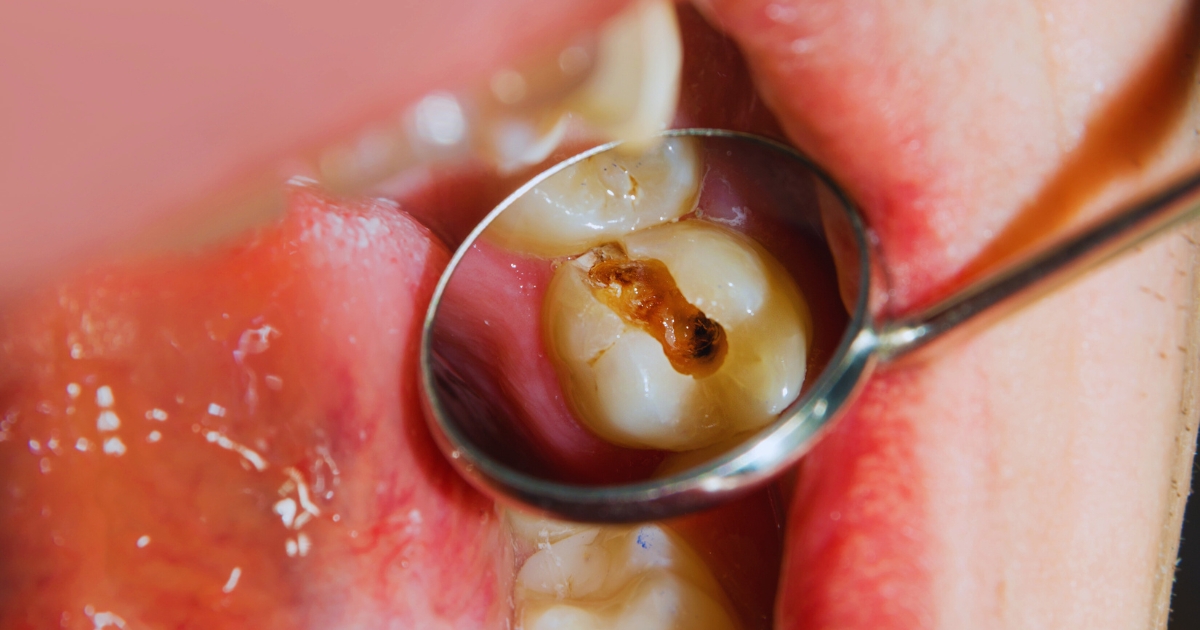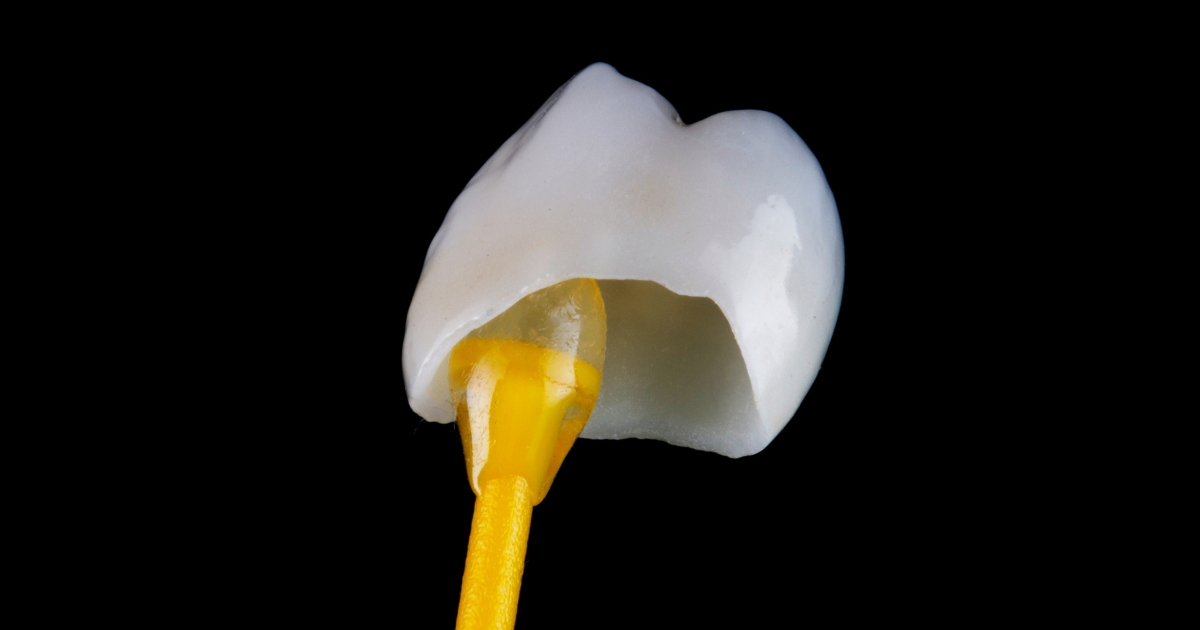Call Us Today 817-737-7668

Have you ever woken up to a sudden pain in your mouth that destroys your whole day? That’s a toothache. Toothaches creep up slowly. However, they yell loudly when you neglect them long enough.
You might think, “It’ll pass.” However, it won’t. Pain relievers provide relief, but not cures. Many people treat symptoms without remembering the problem is deeper, at the root. Toothaches usually indicate deeper decay, infection, or nerve issues below.
What Causes Toothaches?
Toothaches don’t originate from only sugar or missed brushing sessions. Cavities have the ability to develop as decay consumes enamel. They leave the sensitive inner layers exposed. Infections by bacteria, such as abscesses, cause swelling, pus, and agonizing pain.
Gum disease forms deep pockets where bacteria take refuge and destroy nerves. Cracked or impacted teeth become food traps and pressure points. They cause sudden toothaches.
Accident or grinding dental trauma immensely hurts teeth and nerves. Toothaches require accurate diagnosis. A dentist is capable of identifying the real cause. Pain will recur, usually worse than before, if you ignore the source.
What is the Root of the Problem?
The root of most toothaches is deep within the tooth’s pulp and nerves. This soft core is home to blood vessels and nerves necessary for tooth health. When decay or bacteria hit the pulp, it leads to inflammation and infection. This infection is known as pulpitis. It is a leading cause of chronic toothaches.
Pain can throb, shoot, or linger. These are indications that your tooth’s nerve is under siege. At this point, no brushing or rinsing will fix the problem. Proper endodontic treatment is the solution.
If you leave them untreated, the infection can travel to the gums or bones. Root-level treatment is the only method to end advanced toothaches permanently.
Successful Treatments for Root Causes
a. Professional Dental Evaluation
Toothaches require professional vision and equipment for proper diagnosis. A professional employs X-rays, pulp tests, and visual examinations to determine issues. Early detection remarkably avoids aggravating pain and expensive procedures later. You should never delay until toothaches disturb your sleep. Consider acting early.
b. Root Canal Therapy
This procedure significantly eliminates infected pulp from within the tooth. Dentists disinfect, clean, and seal the tooth to prevent infection. Some are afraid of root canals. However, they are almost painless now. It preserves natural teeth and ends chronic toothaches once and for all.
c. Tooth Extraction (if necessary)
There are times when damage is too severe to salvage the tooth. Removal properly eliminates the infected source and eases pressure immediately. Dentists may suggest replacement methods such as implants or bridges subsequently. These methods effectively help avoid infection transmission and aid complete recovery.
d. Gum-Related Treatment
Deep cleaning, or scaling and root planing, has the ability to eliminate bacteria under the gums. Doctors also give antibiotics to treat resistant infections. Gum treatments significantly bring back healthy oral functioning and end toothaches due to periodontitis. Healthy gums allow for strong teeth and defense against future pain.
The root contains the truth literally and biologically. You can talk to our dentists and act before the pain controls you. Lasting relief from toothaches starts with treating the source, not masking it.





